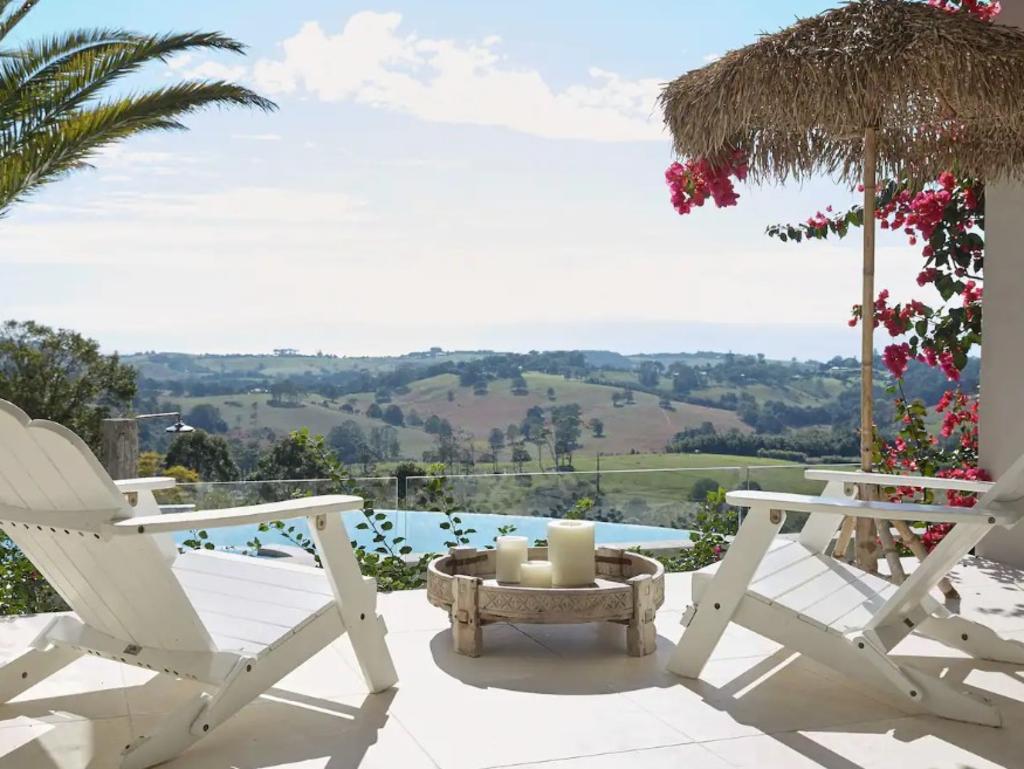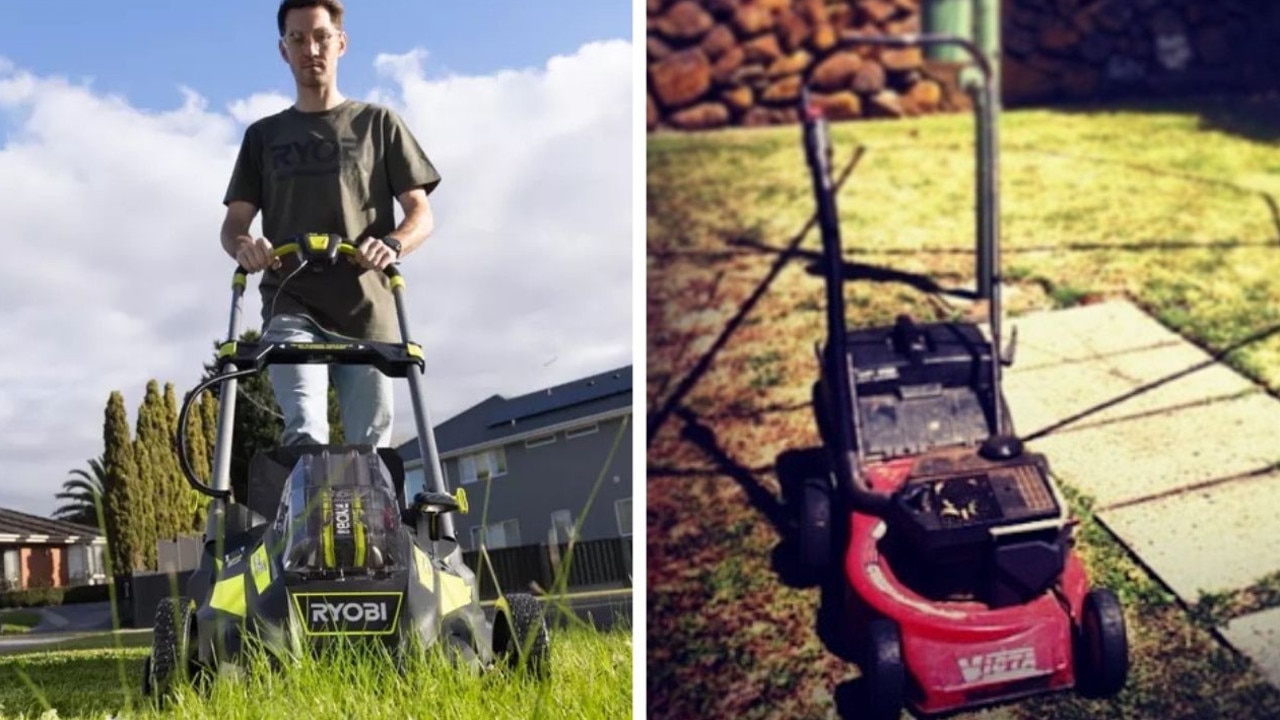Airbnb’s $13.6bn ripple effect on Australian economy
Airbnb's holidaymakers spending big on restaurants and tourist activities are helping to create a $13.6bn boost to Australia’s economy, and supporting almost 95,000 jobs.
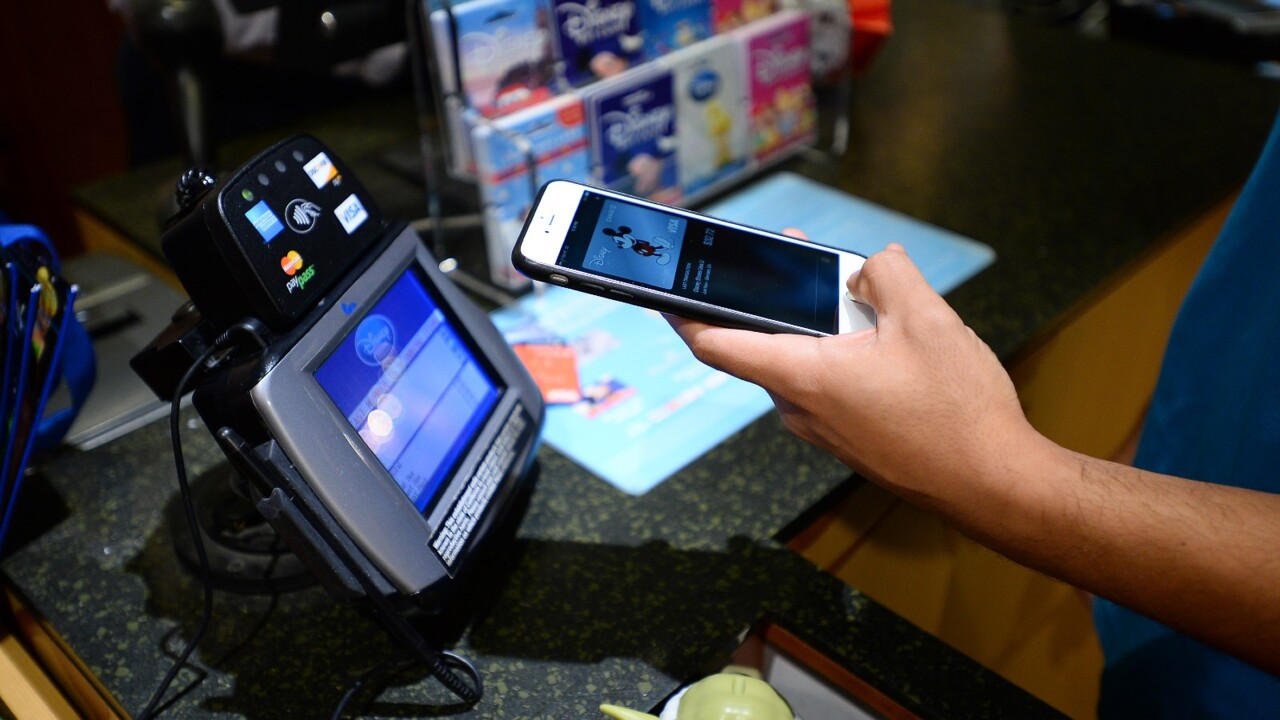
The Airbnb “ripple effect” of guest spending and jobs creation contributed $13.6bn to Australia’s economy, according to a new report.
The findings by Oxford Economics released on Wednesday showed the short-stay accommodation portal accounted for 7.8 per cent of the tourism industry’s contribution to Australia’s GDP in 2022, up from 5 per cent in 2019.
The impact goes further than bookings, with Airbnb guests spending a total of $12.3bn – or $1,276 on average per trip – in local communities they stayed in via restaurants, shopping, transportation and tourism activities.
In turn, the booking site helped support 94,700 jobs local jobs last year, accounting for $5.2m in wages.
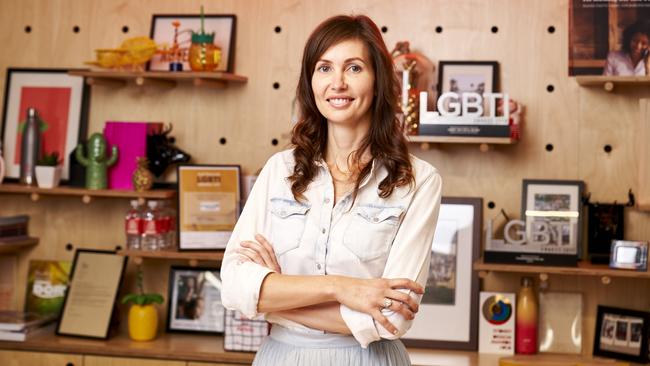
Airbnb country manager for Australia and New Zealand, Susan Wheeldon, said the Airbnb “ripple effect’ has helped to grow the tourism industry, create jobs and support local business.
“Travel is now more dispersed, and so the economic benefits are being shared across more destinations, enabling a valuable economic contribution to rural and regional areas,” Ms Wheeldon said.
“This dispersal is being driven by Hosts on Airbnb and in turn creating economic opportunities for small communities where there are no hotels.
“As destinations across Australia continue to recover, we are committed to partnering with governments and communities to rebuild their tourism economies in a way that is equitable, inclusive and sustainable.”
The new report, commissioned by Airbnb, comes as short stay accommodation is placed under the political microscope in response to the ongoing rental shortage. Residential rental vacancies currently sit at 1.06 per cent nationally, according to PropTrack.
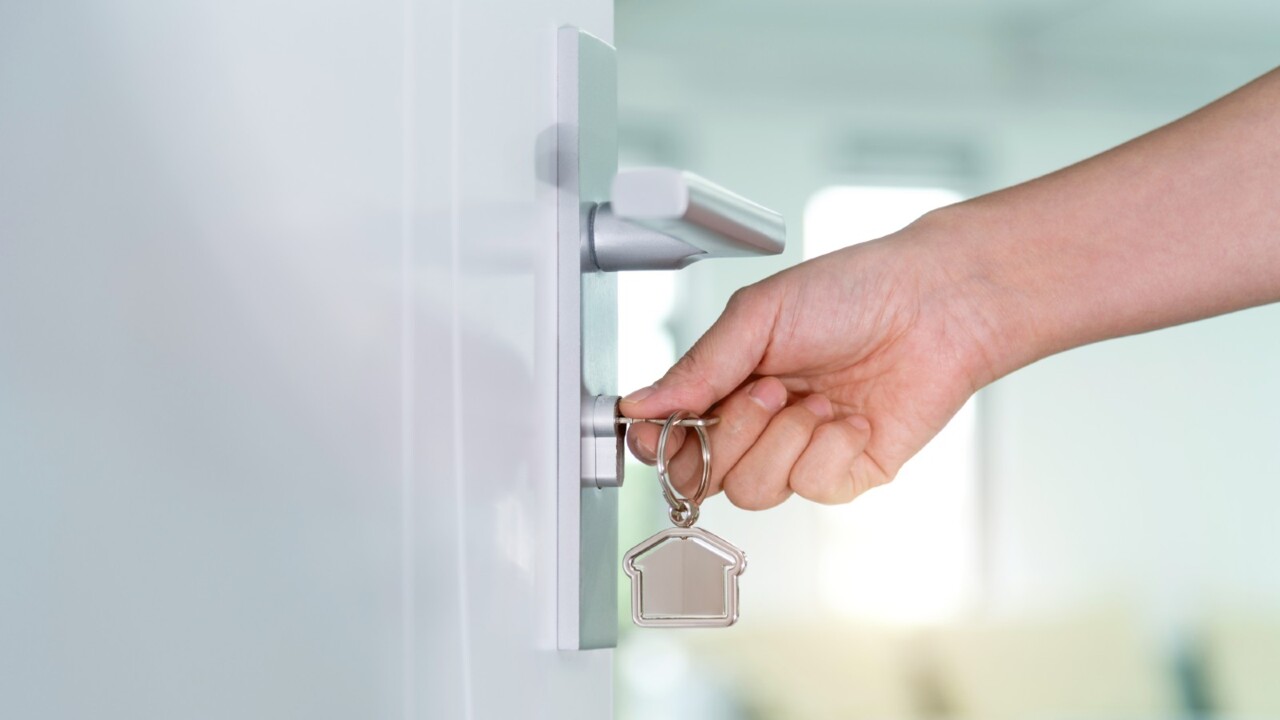
Local and state governments are trying to entice some of the 134,000 rooms and whole properties available on holiday letting sites back on to the long-term market, despite hosts on average being able to make a year of traditional rental income in just 101 days.
The Victorian government was the latest to crack down on the sector, with a 7.5 per cent booking levy to be placed on properties listed on platforms such as Airbnb and Stayz to fund social and affordable housing. All properties in NSW are now required to register, with mayors in coastal towns urging premier Chris Minns to install caps. Elsewhere, councils are using rates and planning regimes to deter hosts.
But, Oxford Economics Australia head of consulting Kristian Kolding, noted the profound impact Airbnb had on the tourism industry in the wake of the pandemic, helping it remain the sector remain resilient when international and state borders were closed.
Inbetween lockdowns, many Australians were able to discover holiday destinations within their state, with many choosing driving holidays. The Reserve Bank noted travel trend helped support to regional areas, which recovered far quicker than capital cities. This was also reflected in Airbnb bookings, with non-urban stays reflecting over a third of bookings last year, compared to 26 per cent in 2019.
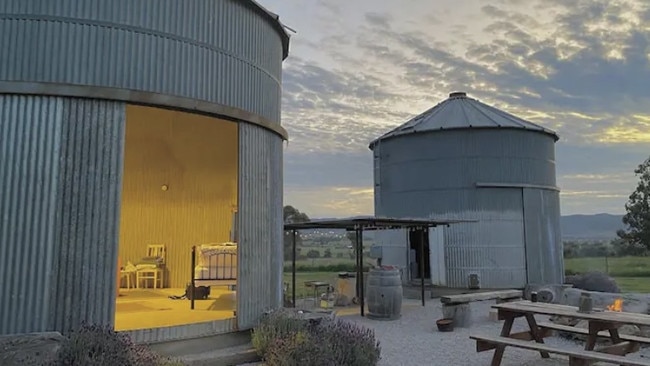
Ms Kolding said: “Airbnb has been at the heart of some of the trends reshaping the nation’s travel and tourism industry, including the shift in travel away from cities and towards more rural communities.
“Domestic travellers have been crucial to the tourism sector’s resilience over the past three years as Aussie guests saw opportunities in domestic travel as a substitute for international holidays, with self-drive and regional trips increasing in popularity which led to a wider dispersion of tourism spend outside the traditional or ‘popular’ destinations in Australia.”
The Reserve Bank estimates one in five Airbnb properties were removed from the site in the initial days of the pandemic, suggesting they were either sitting empty or returned to the long term market. The latest data from the real Estate institute of Australia suggests this has since been reversed.
The report reflects the year to March, representing a year since travel restrictions started to be removed across Australia.



